Writing
The
Next
Draft
"Our first draft is never our final draft."
It was a principle we embraced in the very earliest days of Rising, and embodies two things that have come to be fundamental to how we work. First, an insistence on setting ourselves high standards, even when - especially when - these standards exceed what others expect of us. Second, a recognition that quality rarely comes into the world fully formed: it is earned, through a relentless focus on trying to be better today than we were yesterday.
Since we began developing Rising in early 2014, we’ve written a pretty good first draft.
In Sierra Leone, we’ve grown from 1 school to 10 in a little over 3 years and built an academic model that delivers 2 to 3 times the learning gains of comparable schools, according to independent research by Oxford University. Last year our first cohort of students to take public exams achieved a pass rate of 99%.
It’s a model parents love. According to a study by the Acumen Fund, 90% of our parents said their children’s quality of education has very much improved since coming to Rising; 89% said their own quality of life has very much improved. Our Net Promoter Score is a category-leading 81. Even among parents who ultimately chose not to send their child to Rising, 87% said Rising was the best school in their area.
Since 2016, we’ve successfully adapted that model to work in a very different context in Liberia: in rural not urban settings, in primary not secondary, and working with existing government schools and teachers rather than our own staff. Today we manage 29 schools across seven counties, and data from the randomised controlled trial we are part of suggests we are having a real impact.
On the back of this progress in our own schools, we’re increasingly being approached by other organisations interested in partnering with us to bring aspects of our model into their own work.
And we’ve done all this while navigating not just the Ebola Crisis, which forced all schools in Sierra Leone and Liberia to remain closed for nearly a year, but the enduring economic after-shocks in the region.
This has only been possible by investing in great people. Every day, Rising’s HQ teams work tirelessly to manage and support our teachers and school leaders to do great work.
I’m proud of what we’ve achieved, and the impact we’ve had on the lives of our students.
Students like Mary. Mary was in the initial cohort at our very first Rising Academy school in Sierra Leone. Mary’s mum is a market trader and a single parent, and when she found out Mary would be able to attend Rising Academy Regent she cried with happiness. She knew how much a quality education matters, and she knew her daughter had not been getting it before. At Mary’s primary school, her teachers would shout at her or beat her if she got answers wrong. Most of the time she didn’t even try. She was 12 years old when she joined us, but her reading was barely better than a student in the first grade of primary school. Thankfully, Mary has thrived at Rising. She’s become more confident, more bold in public speaking, her reading and maths has improved, and when she sat the BECE exam last year she passed it with flying colours.
Mary’s story is the story I want every Rising student to be able to tell. But the Rising Mary joined had 80 students. One of the reasons I know so much about Mary is that I knew almost all of those students by name. I knew many of their parents too. Today we have more than 8,500 students, and I definitely no longer know them all by name. And whether we have 80 students, or 8,000, or 80,000, I want them all to receive that same life-transforming quality of education that Mary has had.
To do that, we need to learn to approach our work differently.
If you’re interested in helping us figure out how, we are hiring for two fantastic senior roles in our team.
First, we’re looking for a Chief Operating Officer - the first time we’ll have had someone in this role. Their job will be to help us build the durable, scalable systems and routines that will empower every member of the Rising team, whatever their role - from teaching and learning to inventory and supply chains, from finance and school fees to recruiting and induction - to do fantastic work at scale. That will mean being able to interrogate the detail of how we currently do things, going back to first principles to think about how we could achieve the same things in a different way, and skilfully facilitating the tough conversations that need to happen across functions and disciplines to build a truly scalable approach.
The person I’m looking for will ideally have helped lead another organisation through this graduation from start-up to growth stage. They need to have very strong financial skills since, bluntly, the type of work we do and the places where we do it mean that the margin between success and failure is thin and requires tremendous financial discipline. But the reason it’s a COO role not a CFO role is that this challenge of system-building is one I see right across our work, from finance to operations to data to people.
We are also looking for a Managing Director for Sierra Leone. Sierra Leone is where it all started for us, and what our team has achieved there in such a short space of time is truly remarkable. At another time or in another place, it might be enough to coast on that initial success. But Sierra Leone remains one of the poorest countries in the world, and the headwinds in the post-Ebola environment are significant. The potential is there to grow our footprint and scale our impact, and we are as well positioned as we could possibly hope to be. But seizing that opportunity will require creativity, ingenuity and tenacity, and that needs to start with the Managing Director. They’ll have a great team behind them, but they’ll need to be a leader that can get the best out of people, who knows how to bring different functions together behind a coherent strategy, and who is not coming in expecting there to be easy answers. Above all, they'll need to be a champion of Rising’s values and principles; someone who can make sure that as we grow we don’t lose sight of who we are.
And that brings me back to Mary. It’s too easy when you start talking about scaling up to remember the why but forget the who; for the students themselves to become faceless, nameless. We’re scaling up not because we’ve forgotten about the individual stories of girls like Mary. We’re doing it because we know there are thousands more just like her. I want their story to be a Rising story too.
If you share that ambition, I’ll hope you’ll apply.
The first draft is done. Come help us write the next draft.








